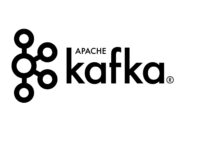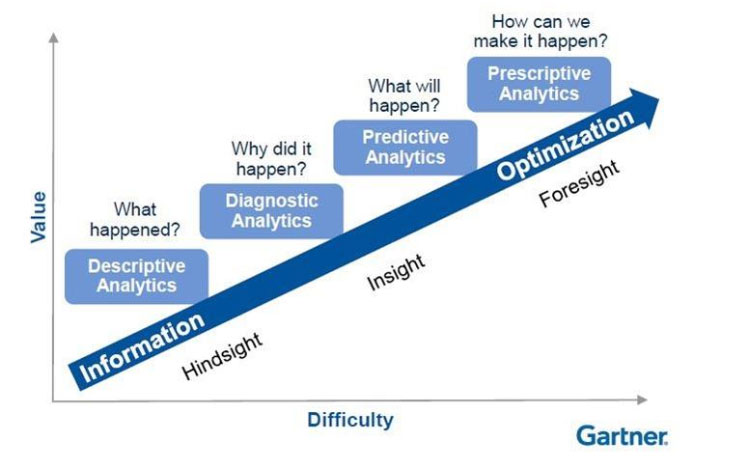I wrote this article years ago, and now there are names for engineers focusing on a segment of the data value chain.
You are a data engineer if you focus on combining data sources, building data pipelines, and data modeling. You must love data integration and number crunching.
You are an analytic engineer if you focus on creating aggregate data stores that match Key Performance Indicators (KPI). These metrics Operational Data Stores (ODS) deliver ROLAP analytics, “drill through” and “drill down” insightful solutions.
You are a Business Intelligence (BI) engineer if you focus on BI tools to create custom and pixel-perfect dashboards, analytic drill paths, and securely delivered parameterized reports. These BI engineers are designers that understand human psychology, storytelling, and human interpretation. You marry design skills with expertise in a BI tool of choice to solve business problems. The BI engineer and the Data Analyst role have a ton of overlap in this regard.
You are a Data Scientist if you are a stats person, a tech-savvy data wizard combined with an industry Subject Matter Expert (SME). The role expects you to take on all functions of both developer and designer. The data scientist must see both the forest and the trees.
The main difference between the engineer and the scientist is the engineer does not need to know about statistics, but the scientist must know about Ensemble methods, OverFitting, and UnderFitting methods, for example, to do machine learning. (ML) and to power artificial intelligence (AI).
Data scientists are an x-functional group to work in parallel as SMEs, data integrators, and number crunchers to crunch large datasets, develop statistical models, and deploy them to make predictions based on data. The development of these models using training data is a machine learning (ML) process.
Scientists can define the mathematical rules governing knowledge development and discrete facts’ regular dissolution.
Neuroscientist Richard Restak, who writes about the power of the limbic system in The Naked Brain, says that when people are forced to make decisions based on data alone, they take more time and usually overanalyze the situation.
The naked truth is that we must bring in experts but pair them with people who know your business. Find designers, developers, and data scientists, but also include behavioral scientists and people who understand emerging technologies and how they might affect your industry. A team is always more potent than a superstar.









